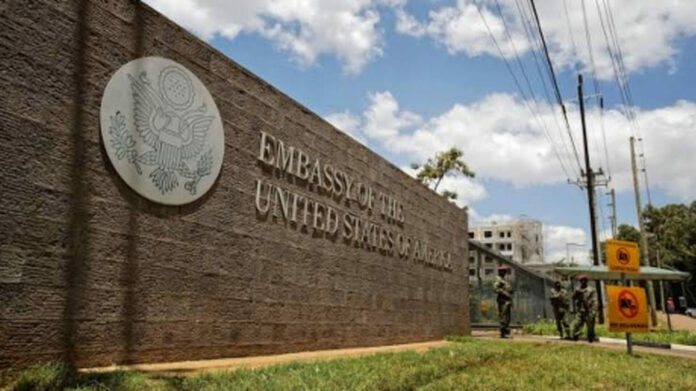The United States State Department is resuming scheduling of appointments for student visas. However, new applicants will face strict scrutiny that will involve disclosure of all social media accounts for vetting.
Embassy and consulate officials who oversee visa applications and processing have been directed to expand social media vetting of applicants and search for “any indications of hostility toward the citizens, culture, government, institutions, or founding principles of the United States”.
The new guidelines will impact visa applications in the categories of F Visa, M Visa, and J Visa. At the same time, applicants who are found to own social media accounts that are private will be at risk of being deemed as hiding their social media activities, which will increase the likelihood of getting denied.
“Under new guidance, consular officers will conduct a comprehensive and thorough vetting of all student and exchange visitor applicants… The enhanced social media vetting will ensure we are properly screening every single person attempting to visit our country,” a statement by the State Department said.
The United States had suspended processing of all student visas in May 2025 in a suspension order was issued by US Secretary of State Marco Rubio.
“The Department of State is conducting a review of existing operations and processes for screening and vetting of student and exchange visitor (F, M, J) visa applicants, and based on that review, plans to issue guidance on expanded social media vetting for all such applicants,” cable signed by Rubio had stated.
According to US immigration lawyer Brad Bernstein, the State Department claimed that the stoppage was temporary because they wanted to implement a new policy to review every person’s social media accounts before the student visa interview.
“That includes all online activity, posts, shares, comments and even likes. Based on what your social media activity is, that will determine at least partially whether you will get a student visa,” said Bernstein.
READ MORE: Uganda, Tanzania among 25 African countries in U.S travel ban watchlist
“You have to assume that expressions of political opinions, participation in certain demonstrations and or sharing certain content could be debilitating to you getting a student visa.”
Bernstein noted that while making your social media accounts private, applicants should assume that the US government would still be able to look into their private activities on social media.








